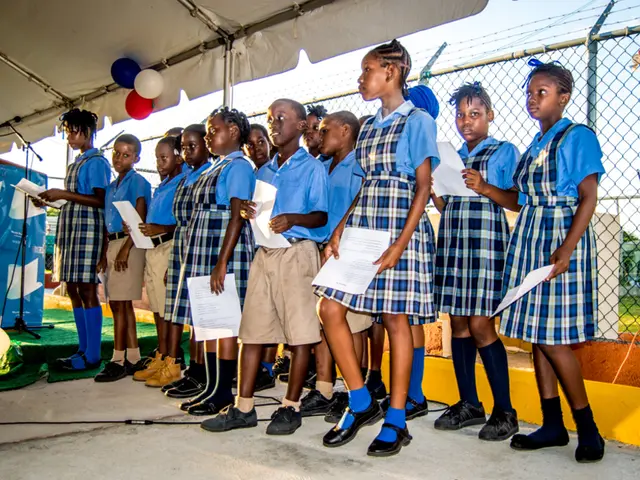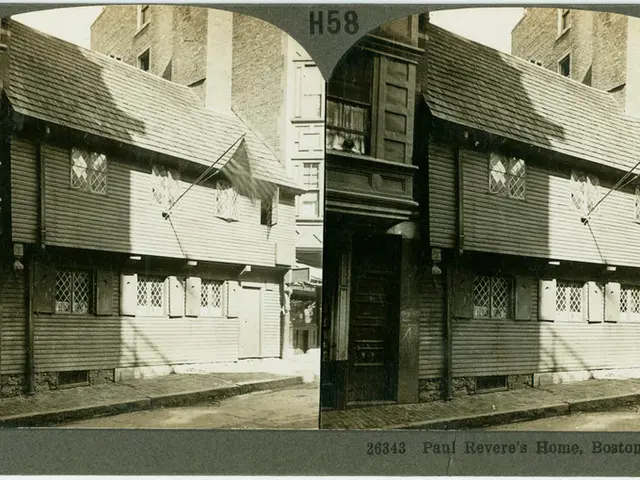National competition for young researchers: victoriously declared winners
Celebrating Its 60th Anniversary, Youth Science Competition "Jugend forscht" Starts in Bremen
On December 19, 1965, the German magazine "Stern" launched the first round of the prestigious "Jugend forscht" youth science competition, and this year marks its six-decade milestone. Since its inception, the competition has seen 344,439 registrations, with 18,221 entries from Bremen alone. On Wednesday, the state-level award ceremony took place at Airbus, the long-standing patron company for the Bremen competition.
For the past three years, Bremen has consistently led other federal states in terms of student registrations for this esteemed event. David Gastel-Nettey, Airbus's patron responsible for the competition, expressed his admiration for the curiosity of young people in Bremen: "For 60 years, young people have tackled big and small questions about life in this competition - and found answers. This commitment to science and innovation is more important than ever. I'm proud that we've been able to host the Bremen 'Jugend forscht' state competition as a patron company for six decades, giving these young ideas a platform."
In 2025, 583 Bremen students submitted 217 projects in the three regional competitions in Bremerhaven, Bremen North, and Bremen Mitte, under this year's theme of "Turning Questions into Answers." Students addressed a range of topics, such as producing environmentally friendly rubber fish, running a motor with a fuel cell, and discovering the secret ingredient in toothpaste.
Organized annually by the Stiftung Jugend forscht e.V., the "Jugend forscht" competition is one of the largest and most prestigious youth science competitions in Europe, encouraging students to delve into research projects across various scientific disciplines. By fostering a culture of scientific inquiry, "Jugend forscht" aims to promote STEM education, encourage innovation, and inspire future generations of scientists and innovators. In Bremen, this competition serves as a key avenue for nurturing young talents and contributing to the region's rich tradition of innovation and technological excellence.
Science and education-and-self-development are integral to the "Jugend forscht" youth science competition, as evidenced by the vast number of learning opportunities it provides for students. For instance, in 2025, 583 Bremen students delved into research projects across various scientific disciplines, tackling topics from producing environmentally friendly rubber fish to discovering the secret ingredient in toothpaste.







